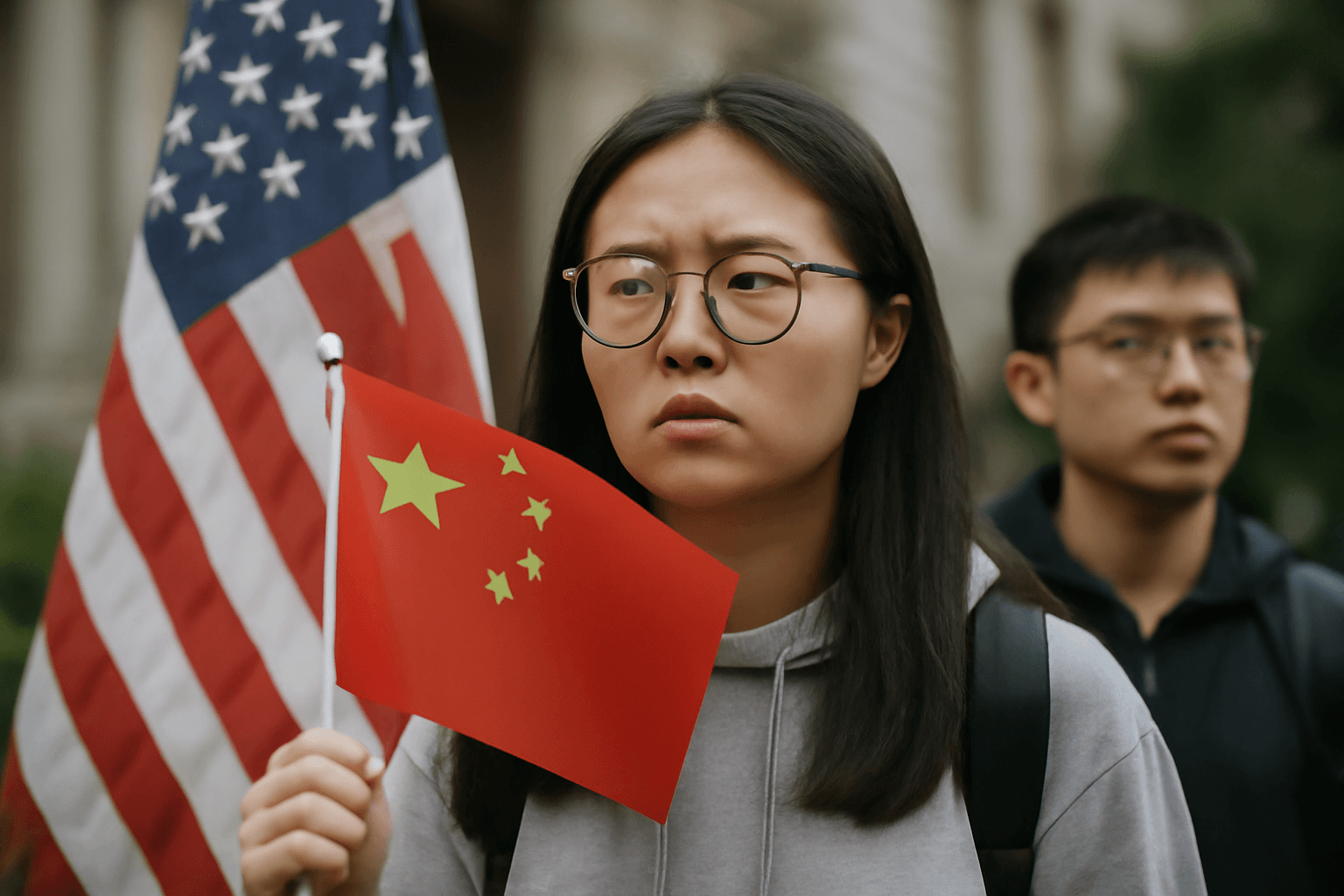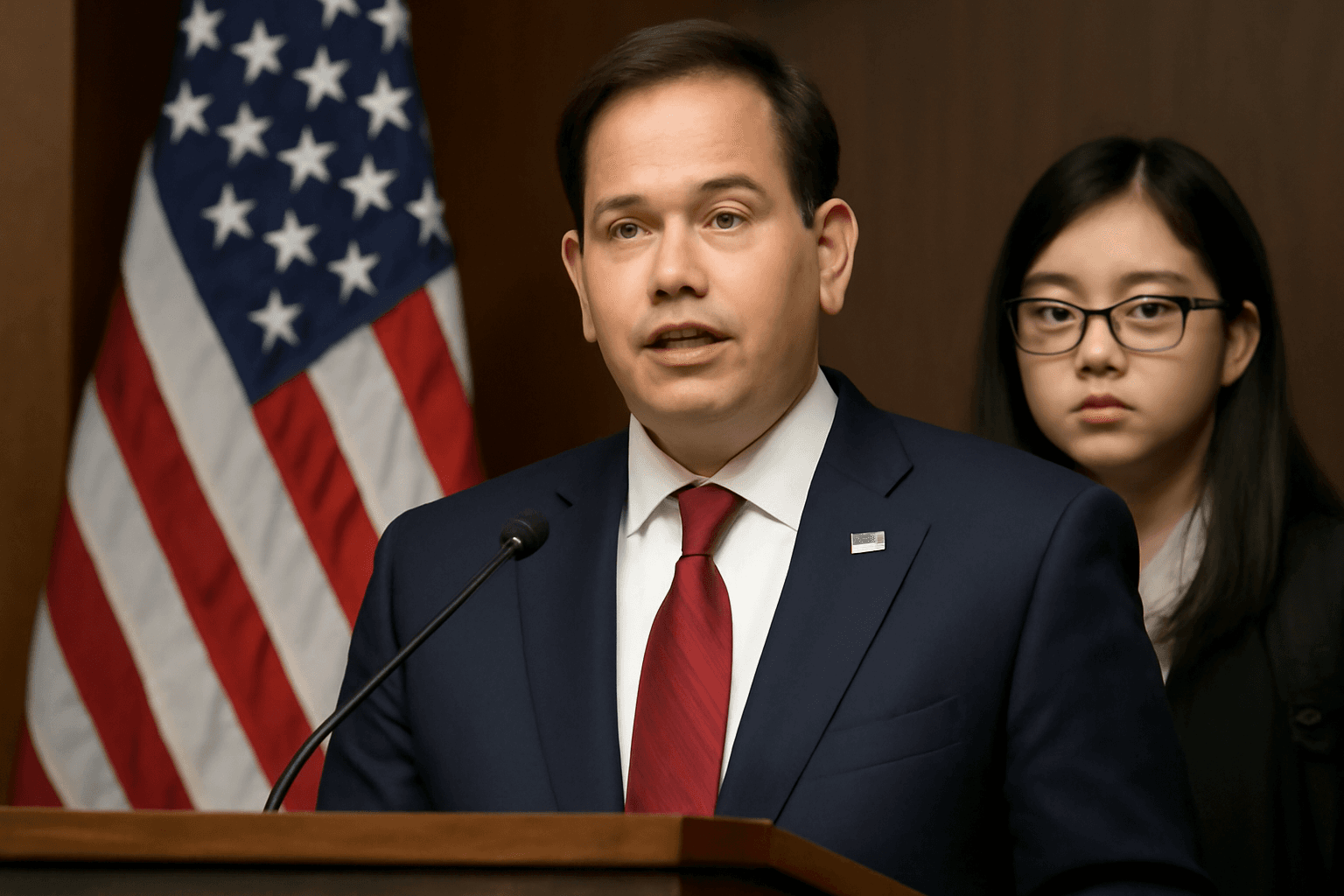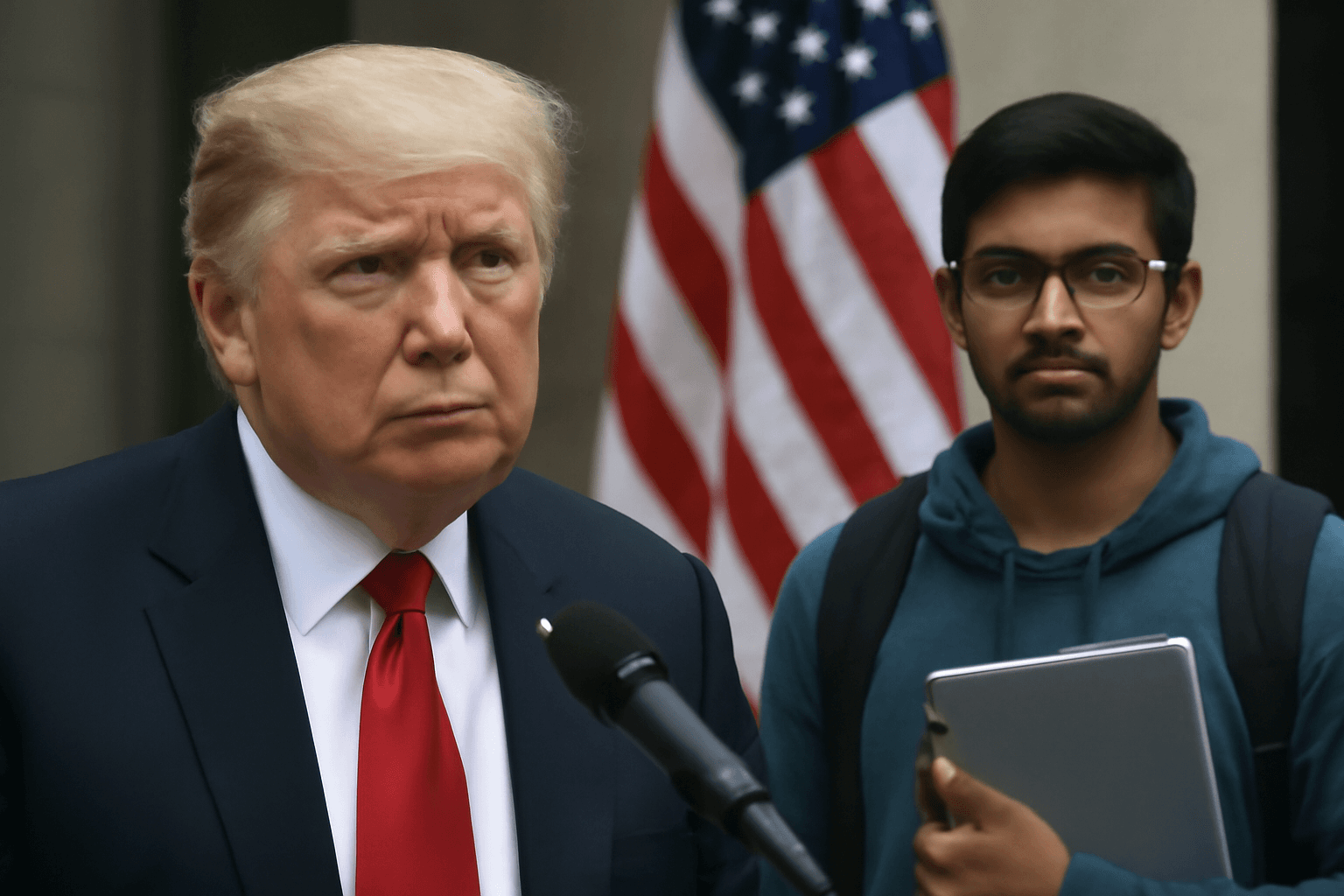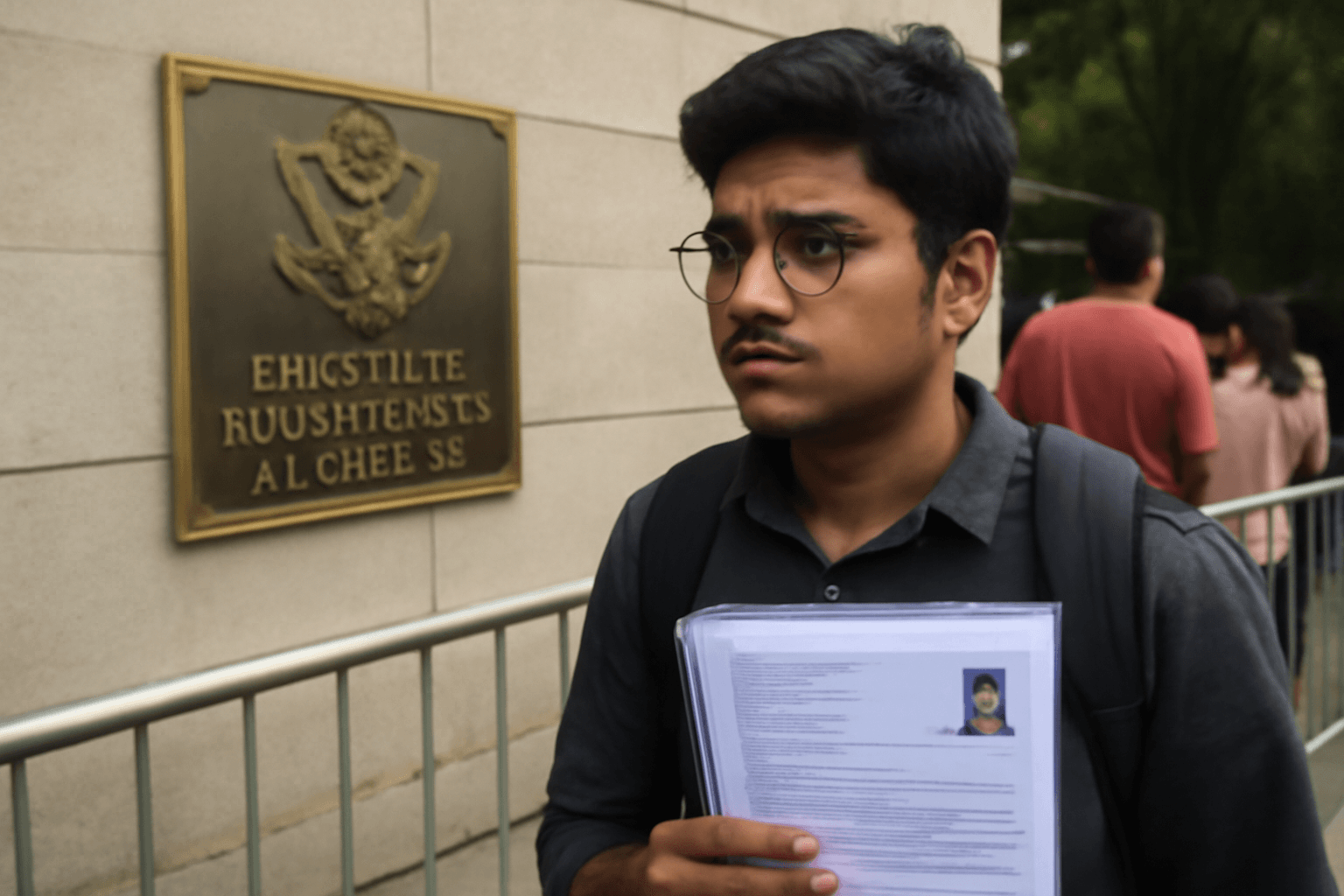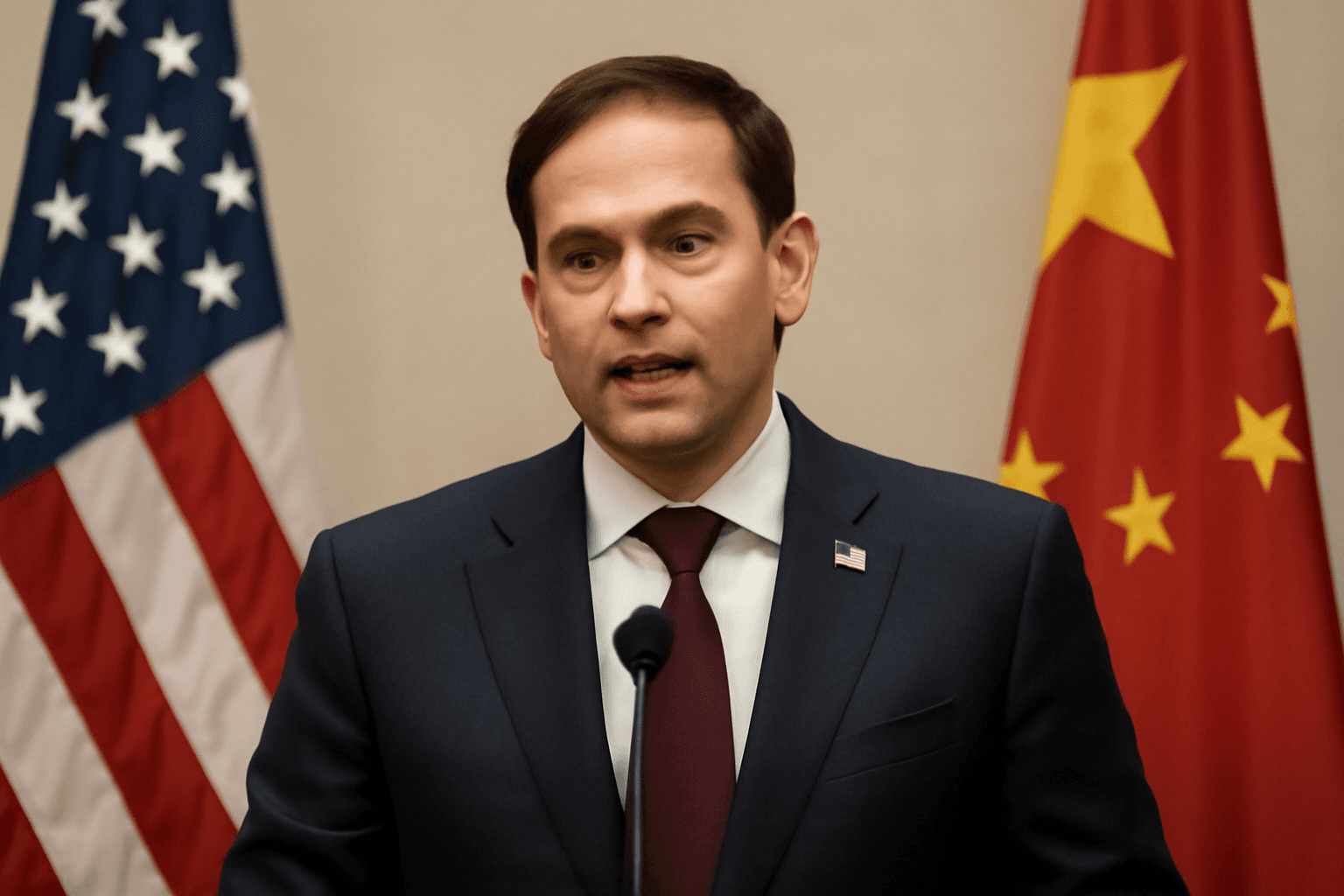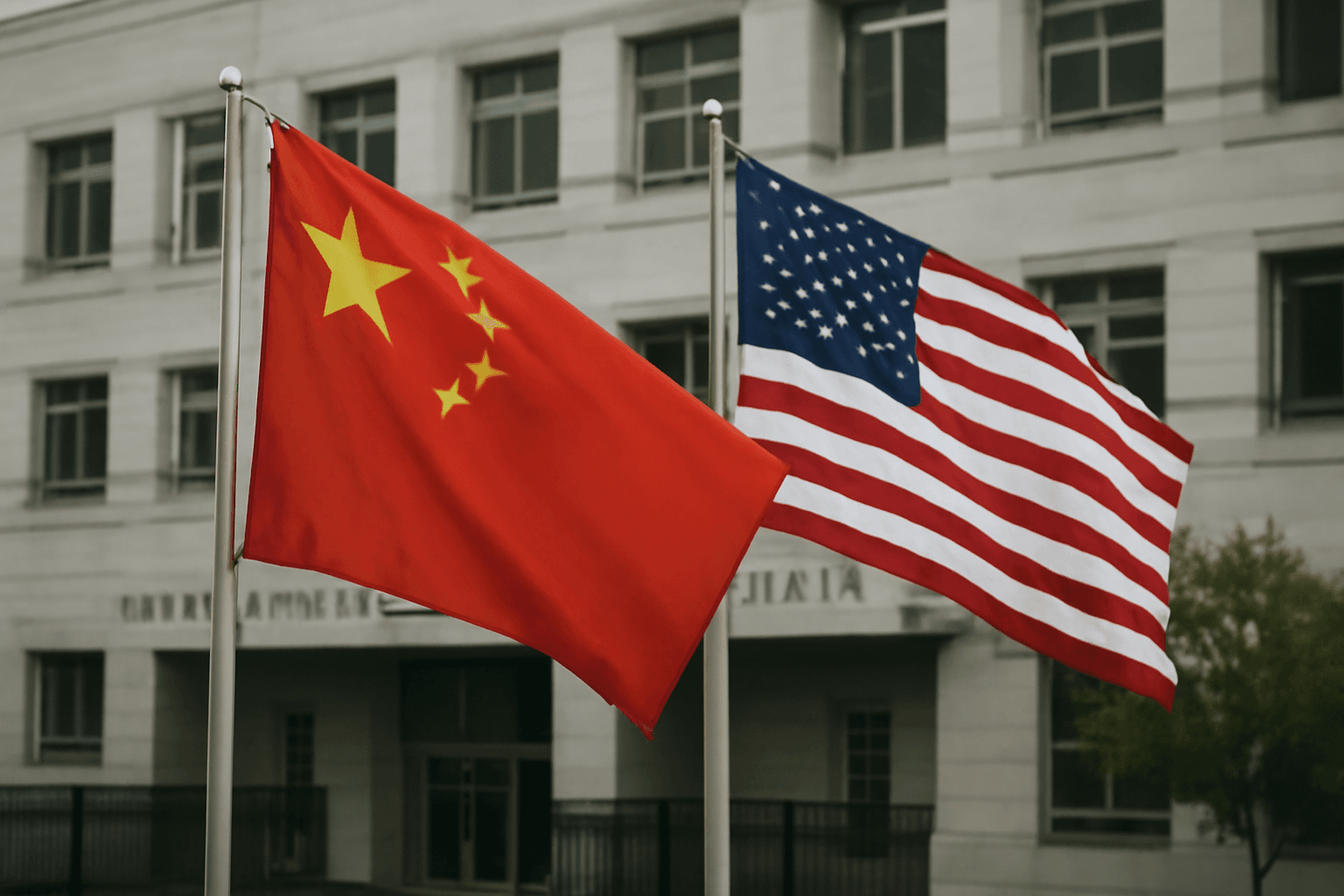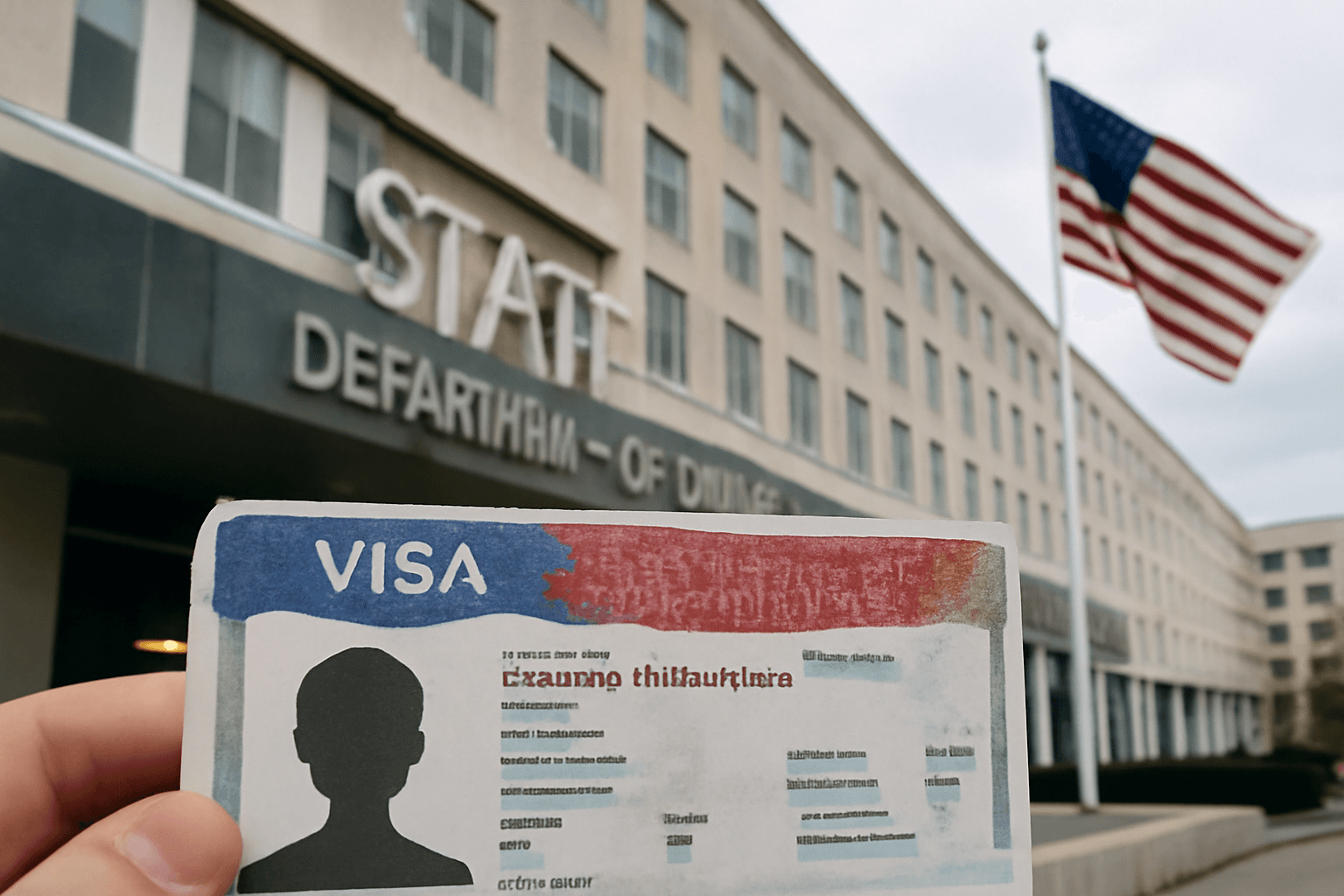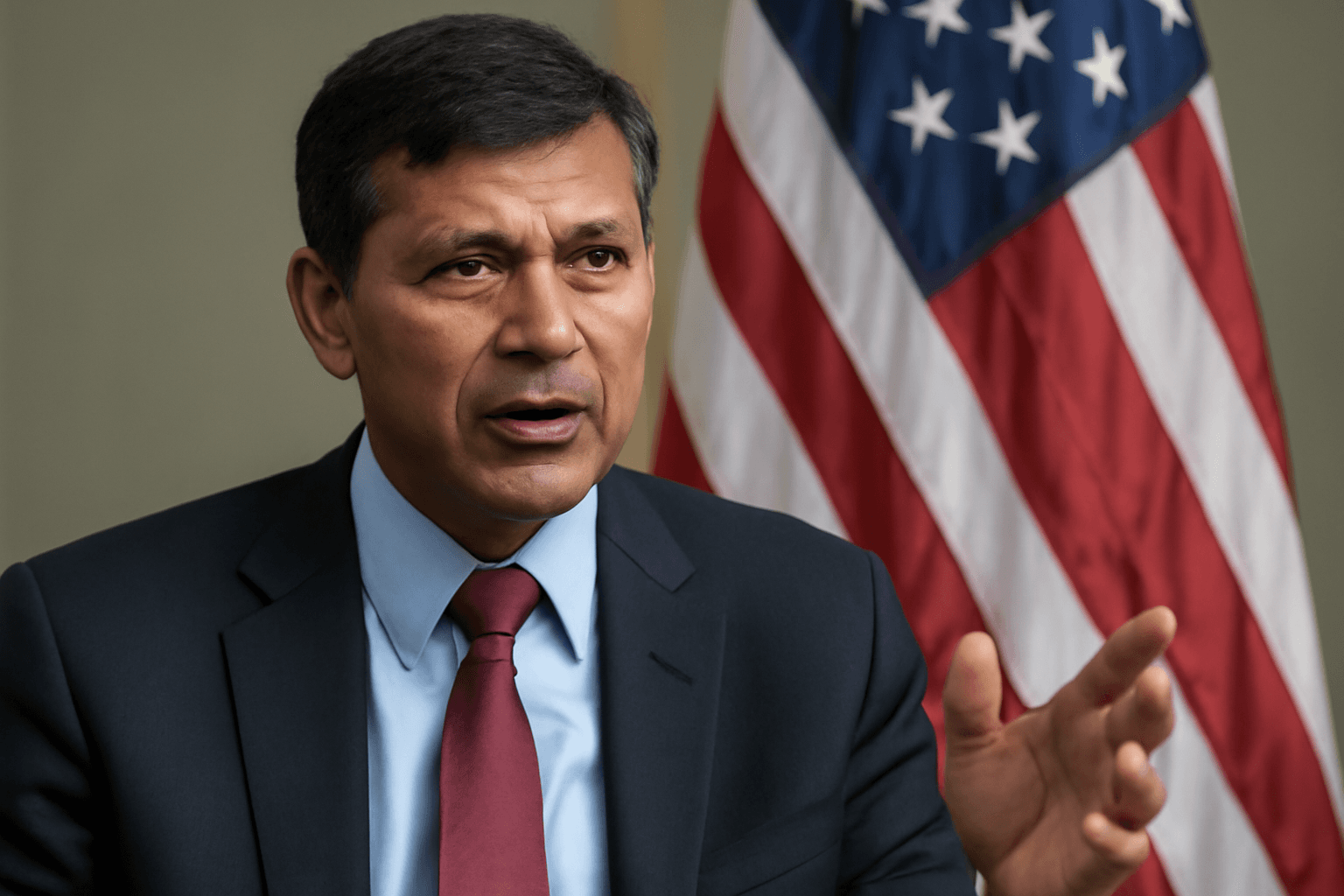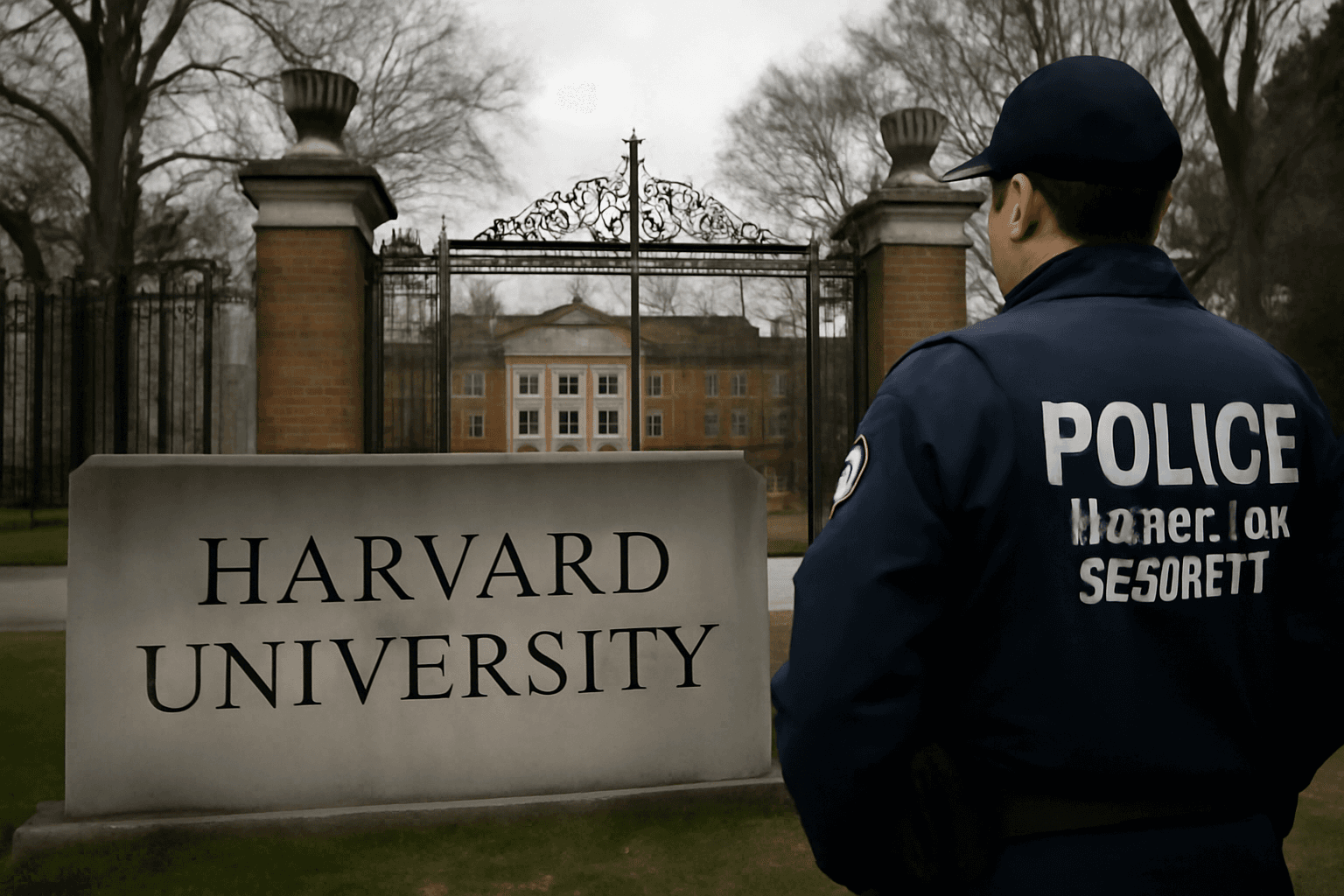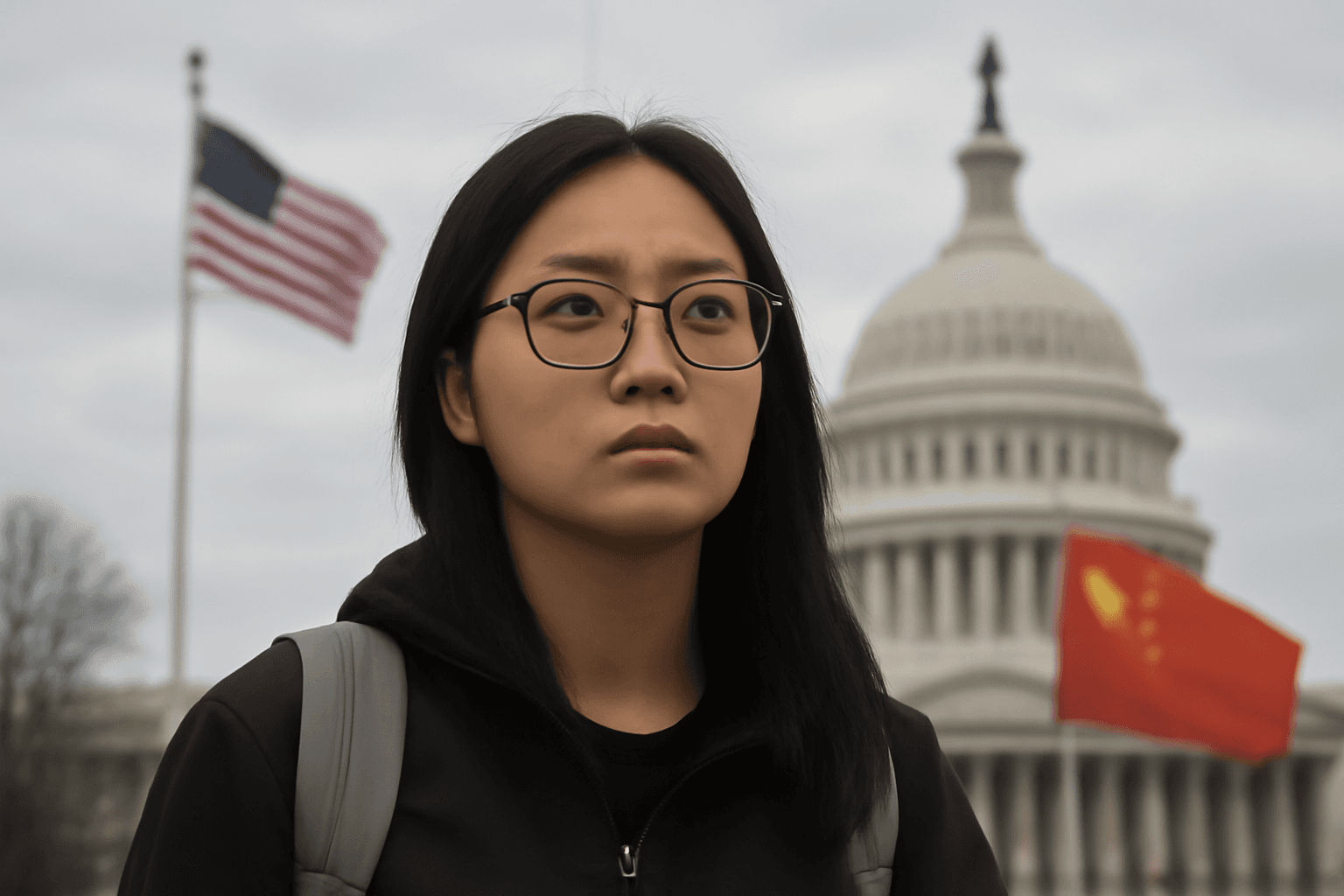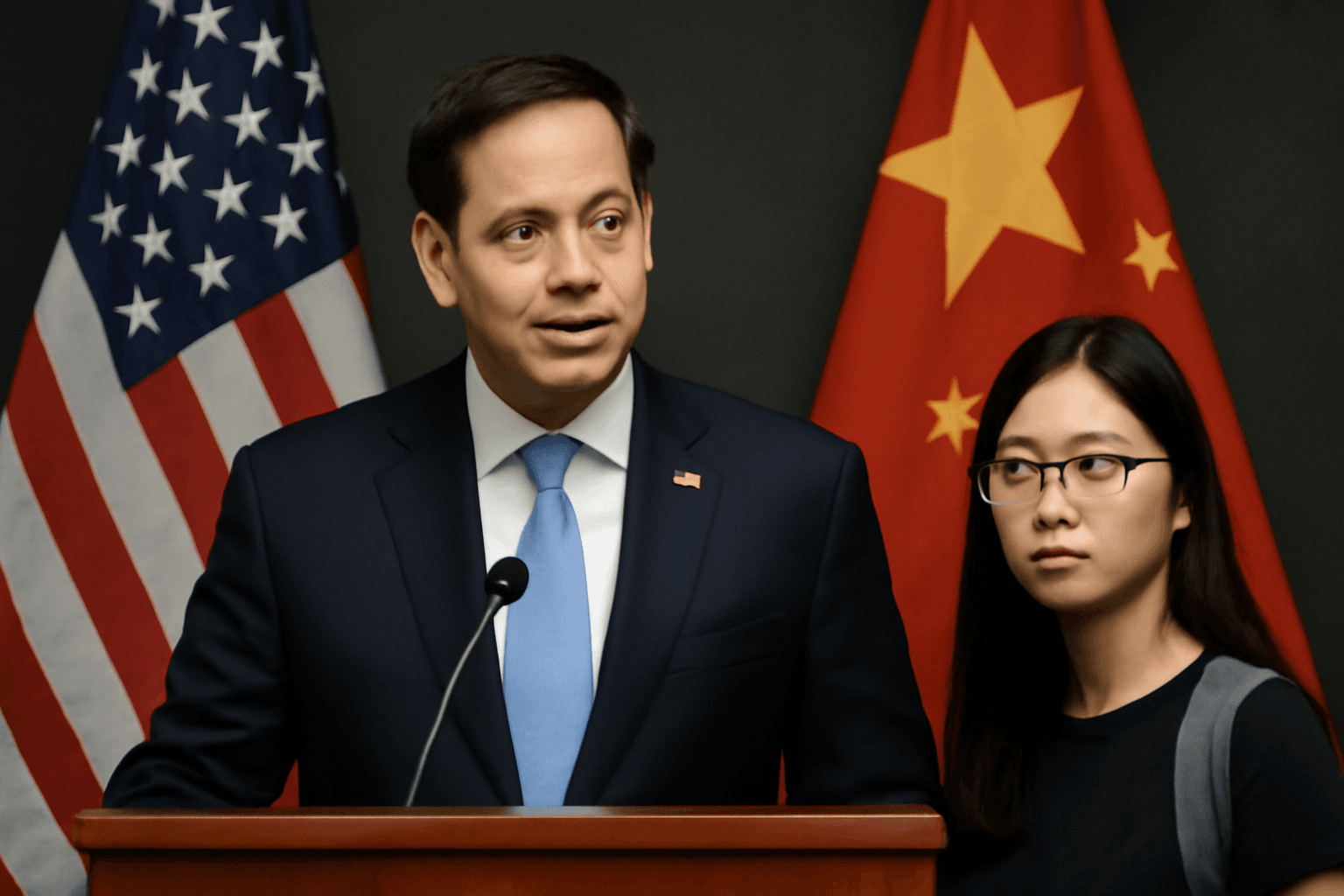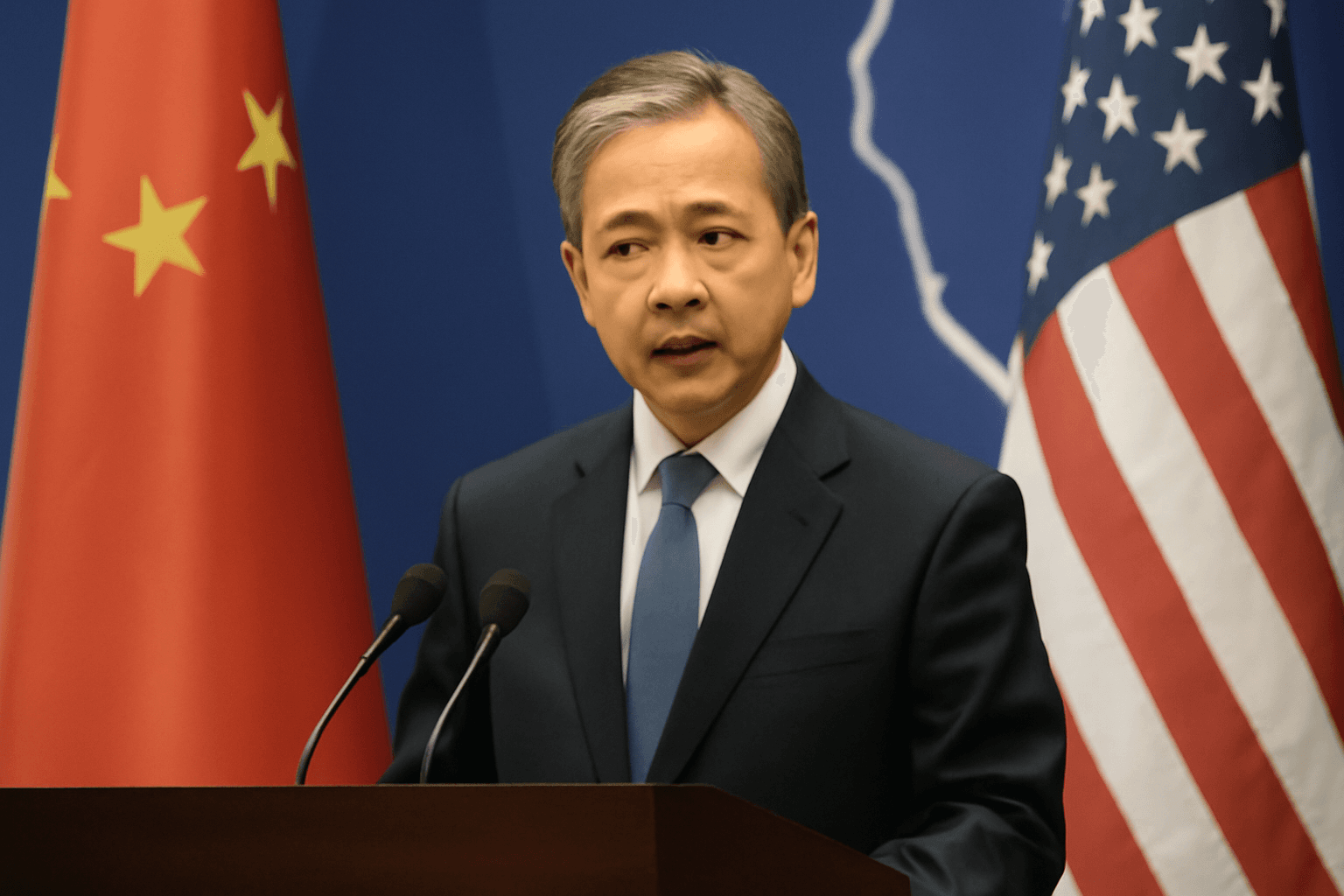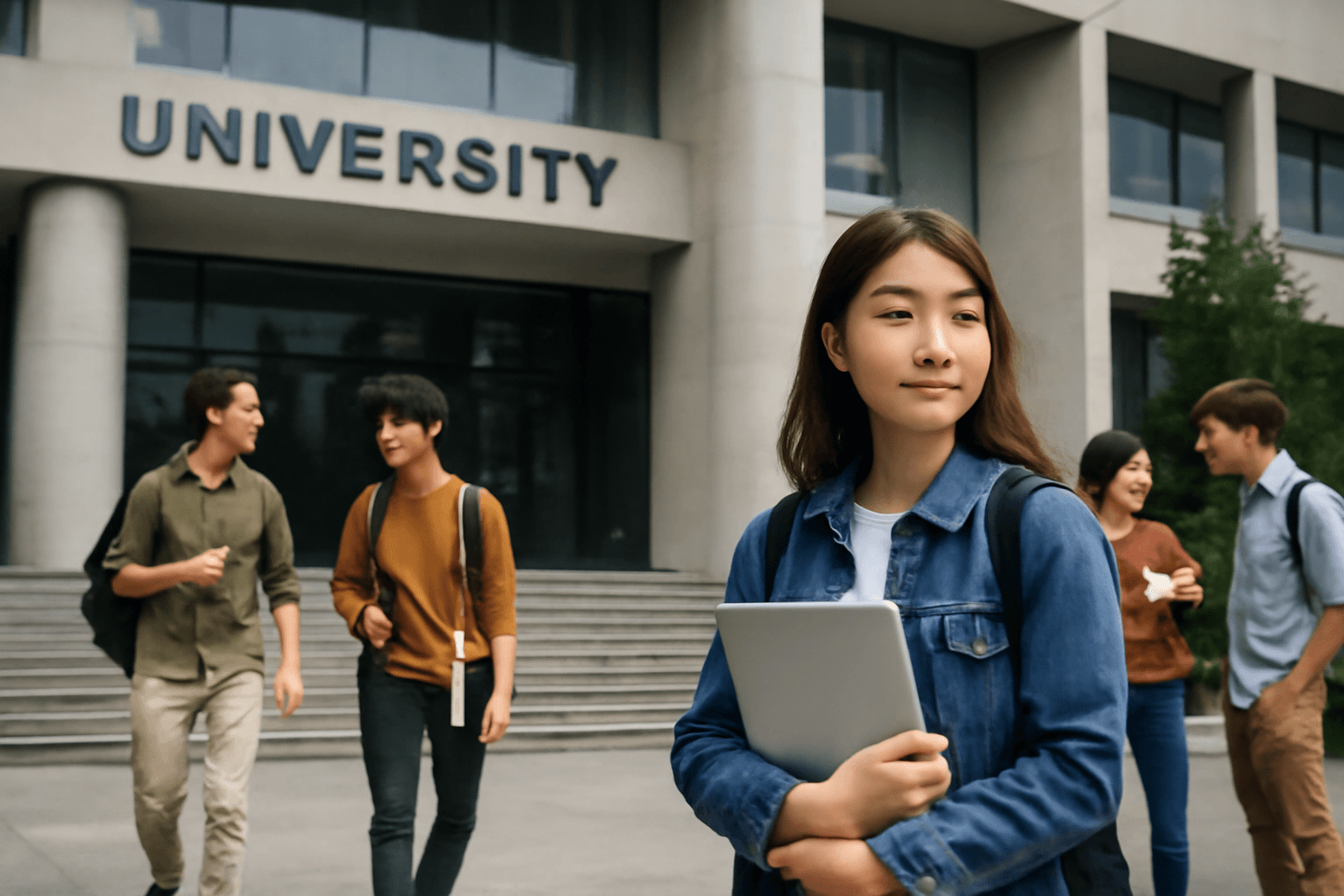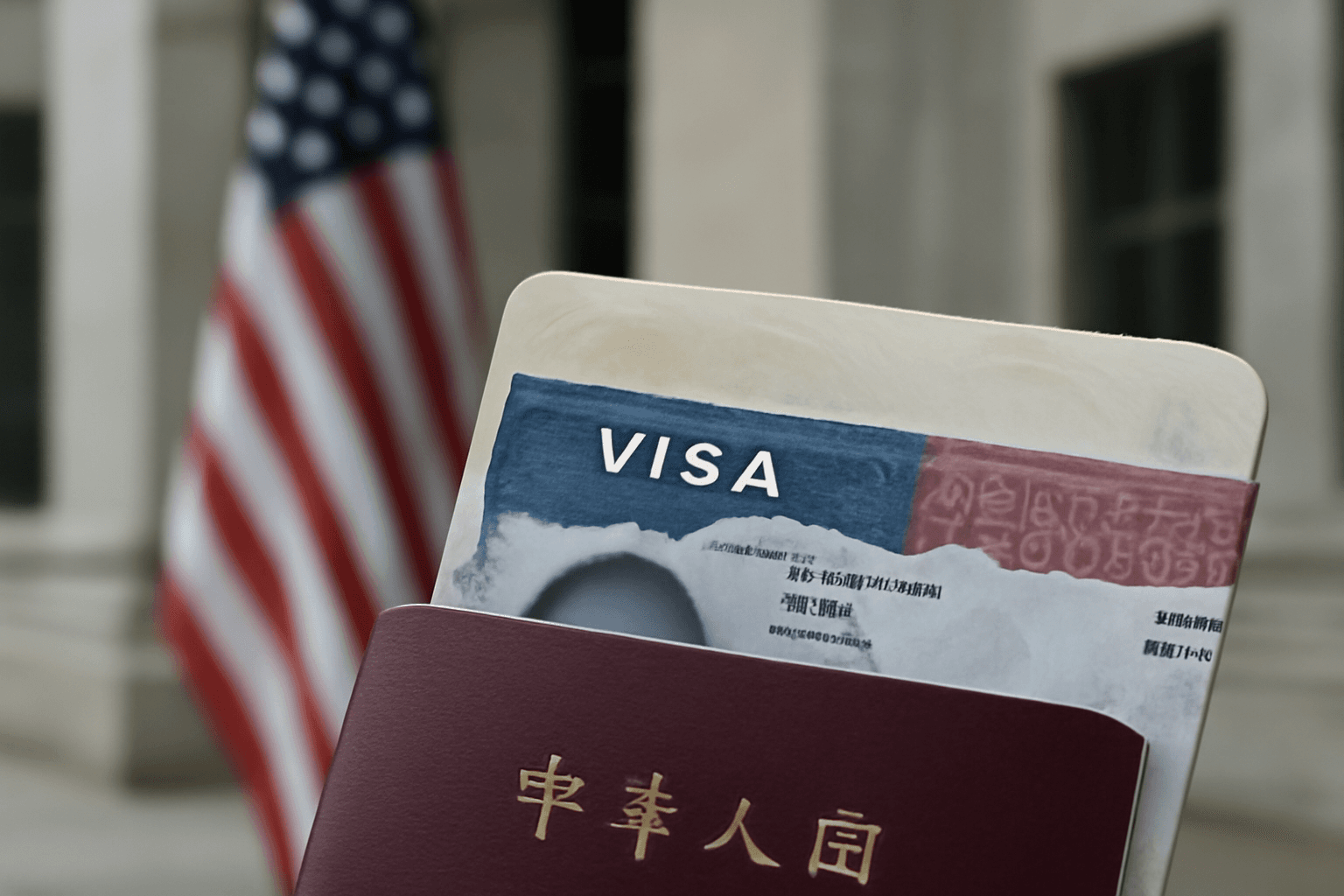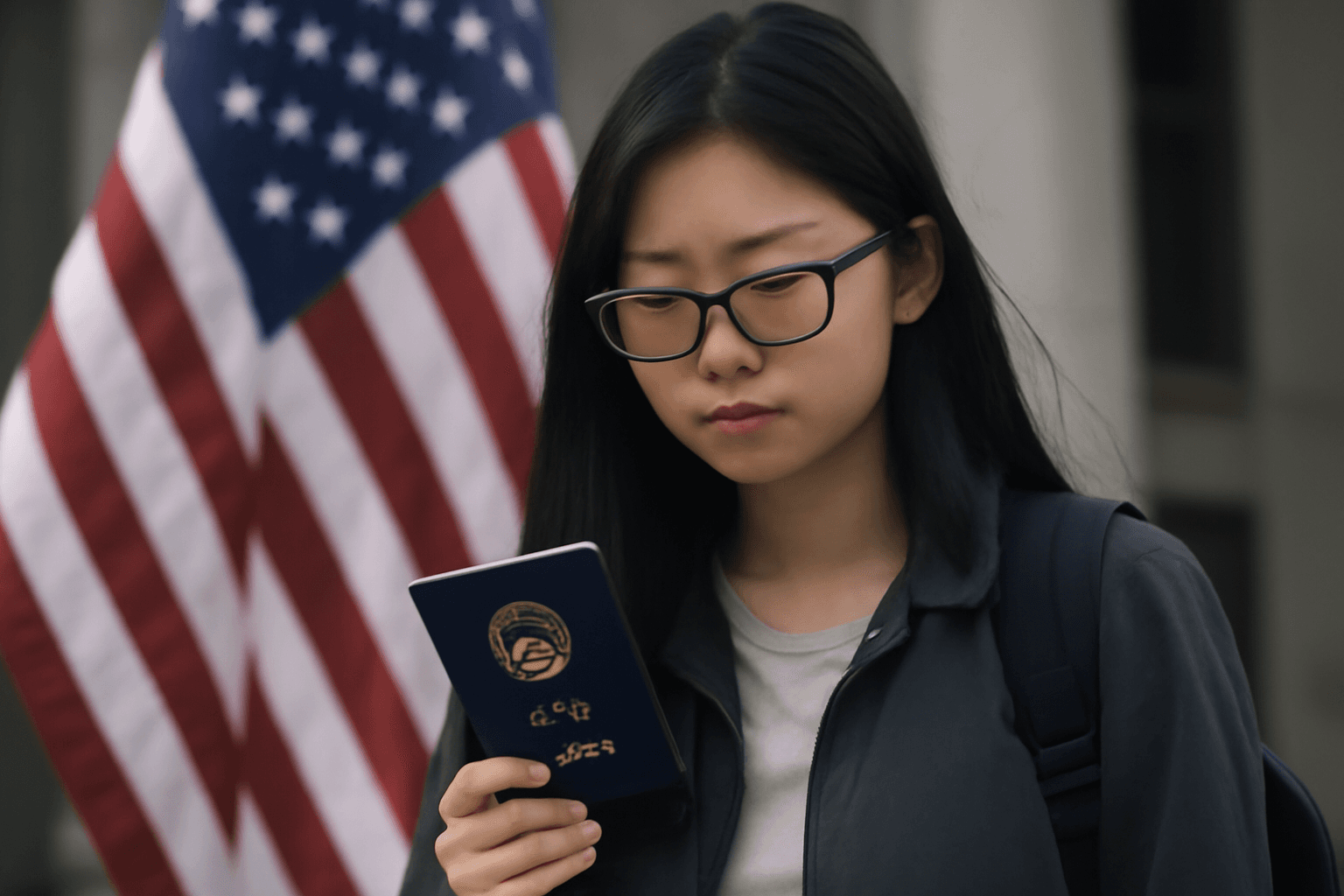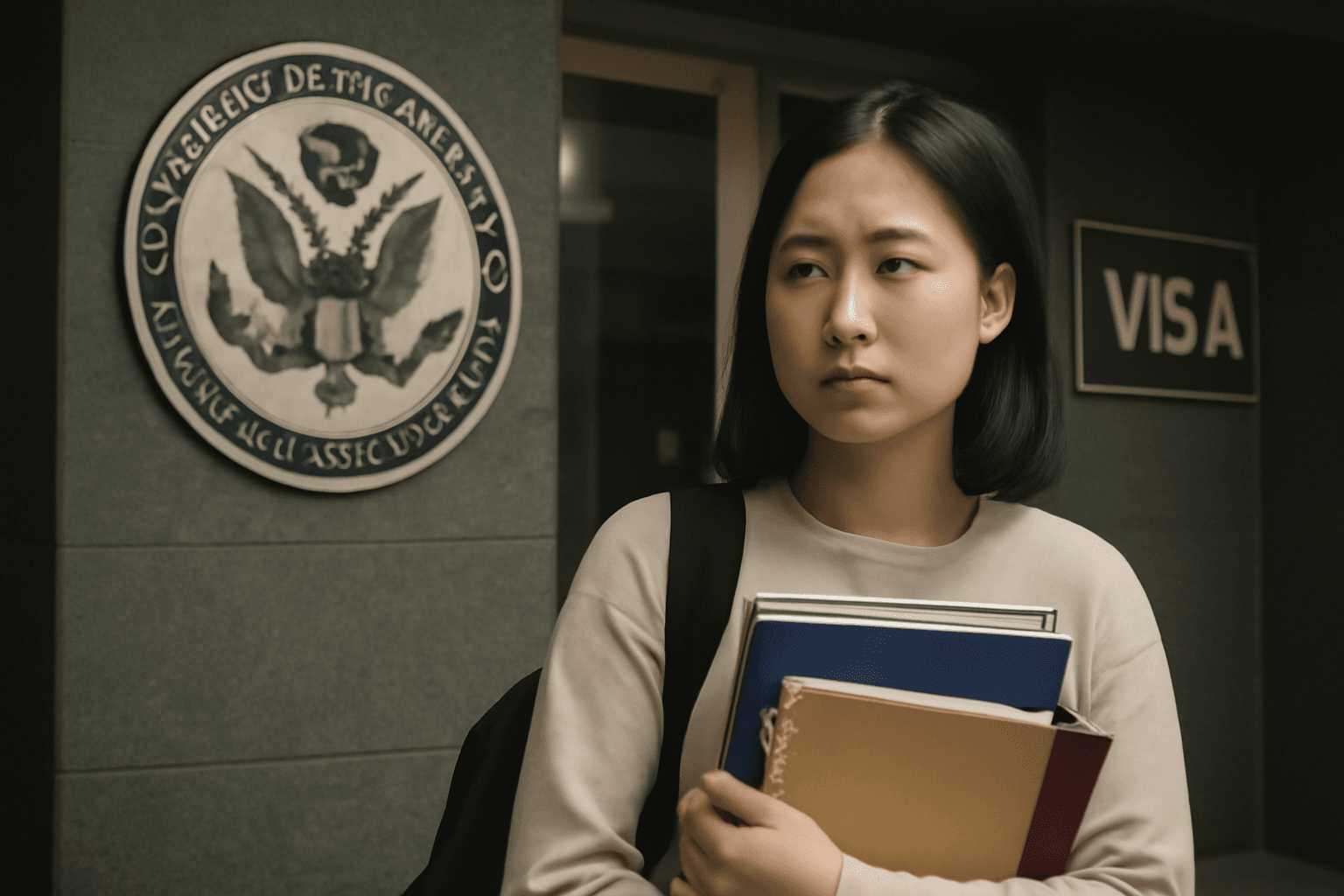The Chinese government has strongly protested the United States' recent announcement to revoke visas for Chinese students, particularly those studying in critical fields or with alleged ties to the Chinese Communist Party. The announcement, made by US Secretary of State Marco Rubio, has sparked concern and uncertainty among the over 270,000 Chinese students currently enrolled in US institutions.
During a press briefing, Chinese Foreign Ministry spokesperson Mao Ning criticized the move, alleging that the US is using "ideology and national security as a pretext" to harm the legitimate rights and interests of Chinese students. Mao stated that this politicized and discriminatory measure exposes the US's false claims of supporting freedom and openness. The ministry urged the US to protect the lawful rights of international students and called for a more constructive approach in bilateral relations.
This policy shift comes amid longstanding tensions affecting academic exchanges between the two nations, including increased visa refusals and shorter visa durations since 2019. Chinese students have previously reported heightened scrutiny, interrogations, and even deportations upon arrival at US airports.
Impact on Chinese Students
The decision has unsettled Chinese students in the US, many of whom represent a significant portion of the international student community. Linqin, a Johns Hopkins University student, likened the policy to a modern-day version of the 19th-century Chinese Exclusion Act, expressing thoughts of leaving the US for the first time. Similarly, University of Chicago student Zou Renge revealed plans to alter her career path and avoid international travel due to the unpredictability surrounding visa policies.
Hong Kong Positions as Alternative Destination
The repercussions extend beyond the US. Educational institutions and officials in Hong Kong view the situation as an opportunity to attract displaced Chinese students. Hong Kong Chief Executive John Lee emphasized commitments to support those facing unfair treatment abroad. Experts note a growing trend of Chinese students considering the UK, Australia, and Hong Kong as viable alternatives due to concerns over safety and visa uncertainties in the US.
Education consultants such as Kitty Wu and Will Kwong have observed increased interest and are assisting students with American university offers to apply elsewhere. Meanwhile, some Chinese scholars suggest this policy may ultimately benefit China's domestic scientific and technological development by retaining talented individuals.
Ongoing Challenges for Prospective Students
Prospective Chinese students awaiting US visa approvals remain uncertain. For example, Chen, admitted to Purdue University, expressed disappointment over the shift in the US's reputation for diversity and tolerance, indicating these changes may discourage future study plans.
This evolving situation underscores the complex dynamics of US-China relations and their impact on academic mobility.
(With agency inputs)

